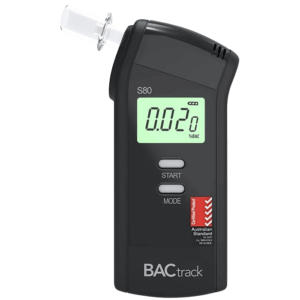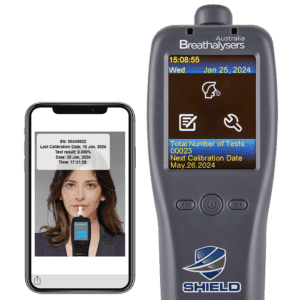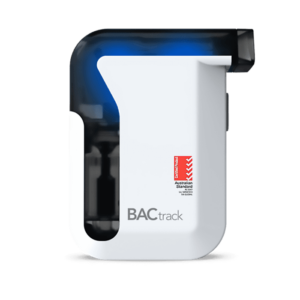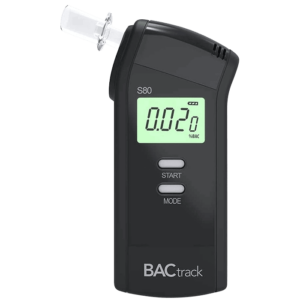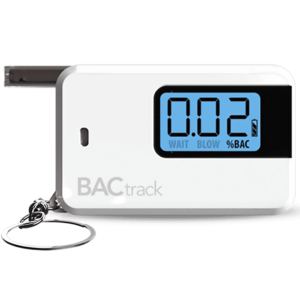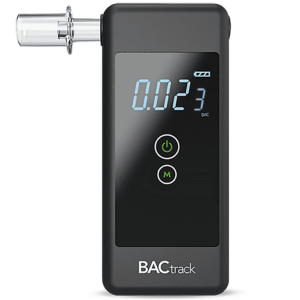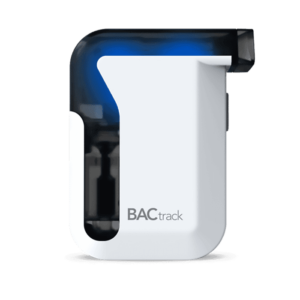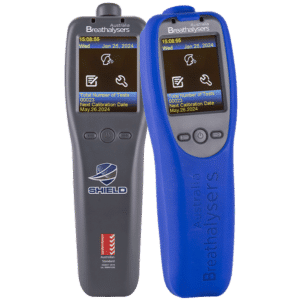Alcohol Drug Test: What It Is, Types of Tests, & Detection Periods
26 March, 2024

Alcoholic drinks are acceptable as long as they do not impair abilities or put others at risk. However, excessive alcohol consumption can be dangerous. Thus, the demand for alcohol drug tests increases. It is a method to detect the presence of ethanol, a psychoactive substance in alcoholic beverages, in the body. There are breath alcohol tests, blood analysis, and alcohol urine tests. The detection window ranges from several hours to four weeks, depending on the testing method and intake level.
Alcohol screenings are essential in various settings. These include transportation, law enforcement, and healthcare. Employers use these tests to ensure workplace safety and compliance with company policies. Meanwhile, police officers utilise testing to prevent drink driving. Medical professionals apply tests for alcohol to manage and treat Alcohol Use Disorders (AUD). The article will present alcohol drug testing, including the types of tests and the detection periods of each method.
What is an Alcohol Drug Test?
The influence of alcohol can have various impacts on the body. Some examples are impaired coordination, slowed reaction times, and decreased inhibitions. These effects of alcohol can be dangerous in certain situations, such as when operating heavy machinery or driving a vehicle. Hence, organisations often administer testing.
An alcohol drug test is a method that detects the presence of alcohol in the system of individuals. This test is commonly administered in workplaces, law enforcement agencies, and rehabilitation centres. It involves the examination of biological samples to discover whether someone has consumed alcoholic drinks recently. The test measures the alcohol concentration. Also, it can determine alcohol metabolites. There are alcohol testing devices and kits for purchase.
Identifying alcohol use can help enforce regulations, promote public safety, and assist people in receiving appropriate treatment if necessary. Nevertheless, everyone must know the potential for false negative or positive results. For instance, prescription medications can interfere with the accuracy of alcohol tests, leading to misleading outcomes.
Importance of Alcohol Testing
- Safety: Alcohol screens are essential, as impaired individuals are more likely to cause accidents or harm themselves and others.
- Workplace Performance: Testing for alcohol helps maintain productivity by identifying employees who may be under the influence. Consequently, this reduces the risk of injuries or absenteeism.
- Legal Compliance: An alcohol screening is vital to comply with regulations, industry standards, or other requirements, particularly in safety-sensitive industries.
- Health and Wellness: Regular alcohol tests promote a healthier society by highlighting potential substance abuse issues.
- Deterrence: Implementing alcohol testing programs sends a strong message that alcohol abuse will not be tolerated and may result in consequences, discouraging future incidents.
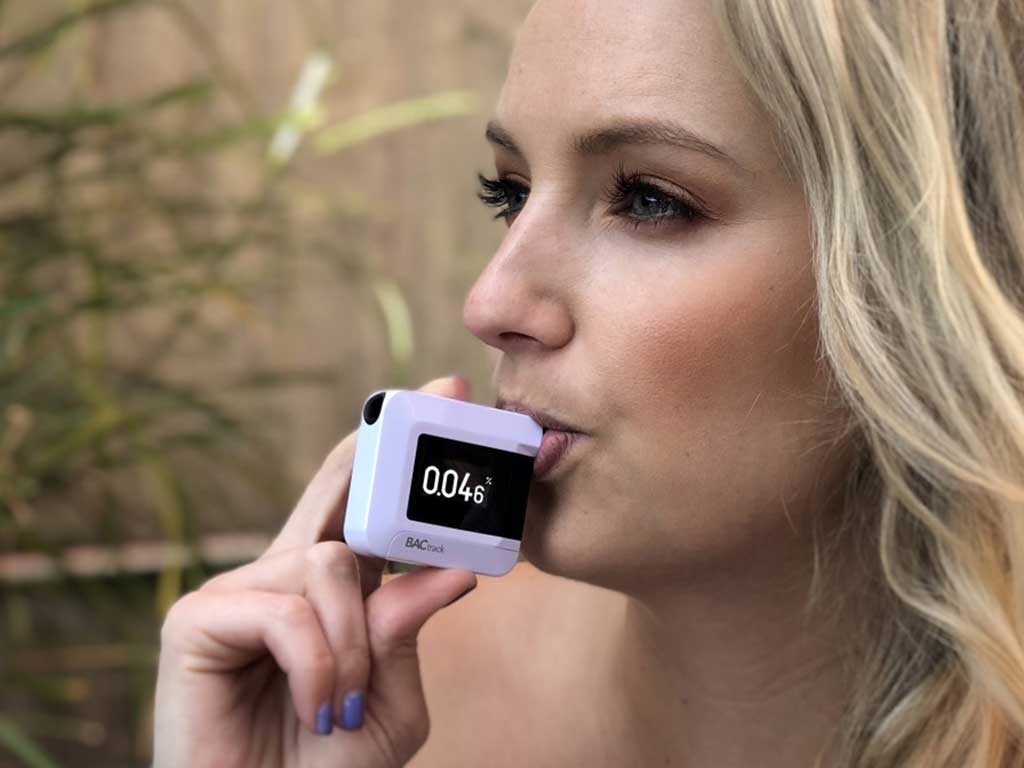
Types of Alcohol Drug Tests
Several types of alcohol drug tests can accurately determine the presence and level of alcohol in the human body. One of the most common is the breath test. It utilises a breathalyser to measure the Blood Alcohol Concentration (BAC). Testees should blow into the device. Then, the machine will display the results within seconds.
Another type of alcohol screening method is the blood test. It can determine the blood alcohol content accurately. The reason is that it directly measures the ethanol in the bloodstream, which was previously absorbed by the blood vessels. Blood analysis is valuable in legal cases or medical emergencies. While the test provides trustworthy outcomes, it can be invasive and require a trained professional to draw blood.
Furthermore, there is alcohol urine testing. It is a relatively non-invasive method for detecting alcohol consumption. The screen looks for Ethyl Glucuronide (EtG), an alcohol metabolite that can be found in urine samples for up to 80 hours after drinking. EtG tests are types of urine tests commonly used in workplace testing programs, probation monitoring, and treatment programs for alcohol abuse.
Detection Methods
Breath testing measures the BAC in the breath by analysing the amount of ethanol molecules present. The testing device, a breathalyser, contains a sensor that results in an electric current when alcohol comes into contact. On the other hand, blood tests use highly sensitive equipment to identify substances in the bloodstream precisely.
When alcohol or its metabolites are present in the system of people, the body excretes them through urine. The testing method analyses a urine sample using various techniques. These include immunoassay or Gas Chromatography-Mass Spectrometry (GCMS). They determine the presence and concentration of specific substances.

Detection Periods for Alcohol Drug Tests
Detection periods refer to the length of time substances remain identifiable in the body after use. For alcohol, the window typically ranges from a few hours to a couple of days in most cases. However, it is essential to note that several factors can influence the exact duration. Thus, the period can last for several weeks for some individuals.
The shortest detection window among breath, blood, and alcohol urine tests is breath screening. It can identify ethanol for up to 24 hours after consumption. The reason is that the body rapidly metabolises and eliminates it from the body through breath exhalation. Urine testing comes after since it has a detection period of up to 48 hours.
Blood tests have the lengthiest detection window of all alcohol drug tests. Typically, it can identify alcohol in the system for up to three to five days after use. It is due to the liver processing alcohol before excreting the substance, leading to a longer presence in the bloodstream. In some cases, alcohol or its metabolites remain detectable for up to four weeks because of heavy alcohol consumption.
Factors that Affect Detection Periods
Several factors can affect the detection period of alcohol in the body. One essential factor is how much an individual drinks. Generally, higher levels of alcohol consumption result in longer detection windows. Additionally, the frequency can impact detection times. Regular drinkers may have a lengthier detection period than occasional or first-time drinkers.
Another factor is the metabolism. People with faster metabolisms tend to eliminate alcohol from their bodies more quickly, resulting in shorter detection windows. Meanwhile, those with slower metabolisms may have lengthier detection periods as their bodies take longer to process and eliminate the alcohol. Other factors are body weight and hydration levels.
Conclusion
An alcohol drug test is crucial in ensuring workplace safety and preventing accidents. It detects the presence of ethanol through various biological samples. The most common methods of testing for alcohol include breath, blood, and urine tests. Breath screening involves a breathalyser to determine BAC. Meanwhile, blood analysis is the most accurate among all types. Furthermore, many prefer urine testing to other tests because of its cost-effective and relatively non-invasive nature.
The detection period of each testing method varies. Breath screens have the shortest with up to 24 hours after alcohol intake. Urine tests come after, which is until 48 hours. Blood testing has the lengthiest window. It can last up to four weeks, but it only occurs for individuals who drink excessive amounts of alcohol. Moreover, other factors can affect the period. Hence, understanding each test is essential in guaranteeing their effectiveness in maintaining a safe and alcohol-free environment.



















